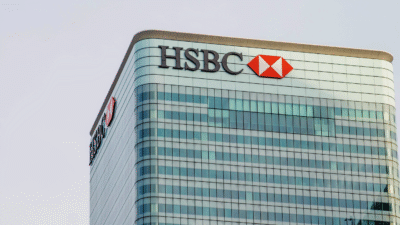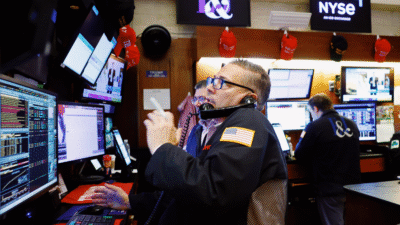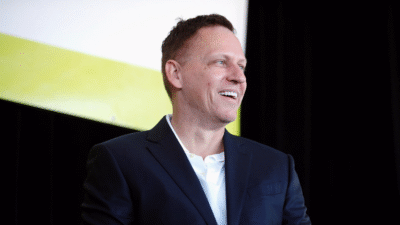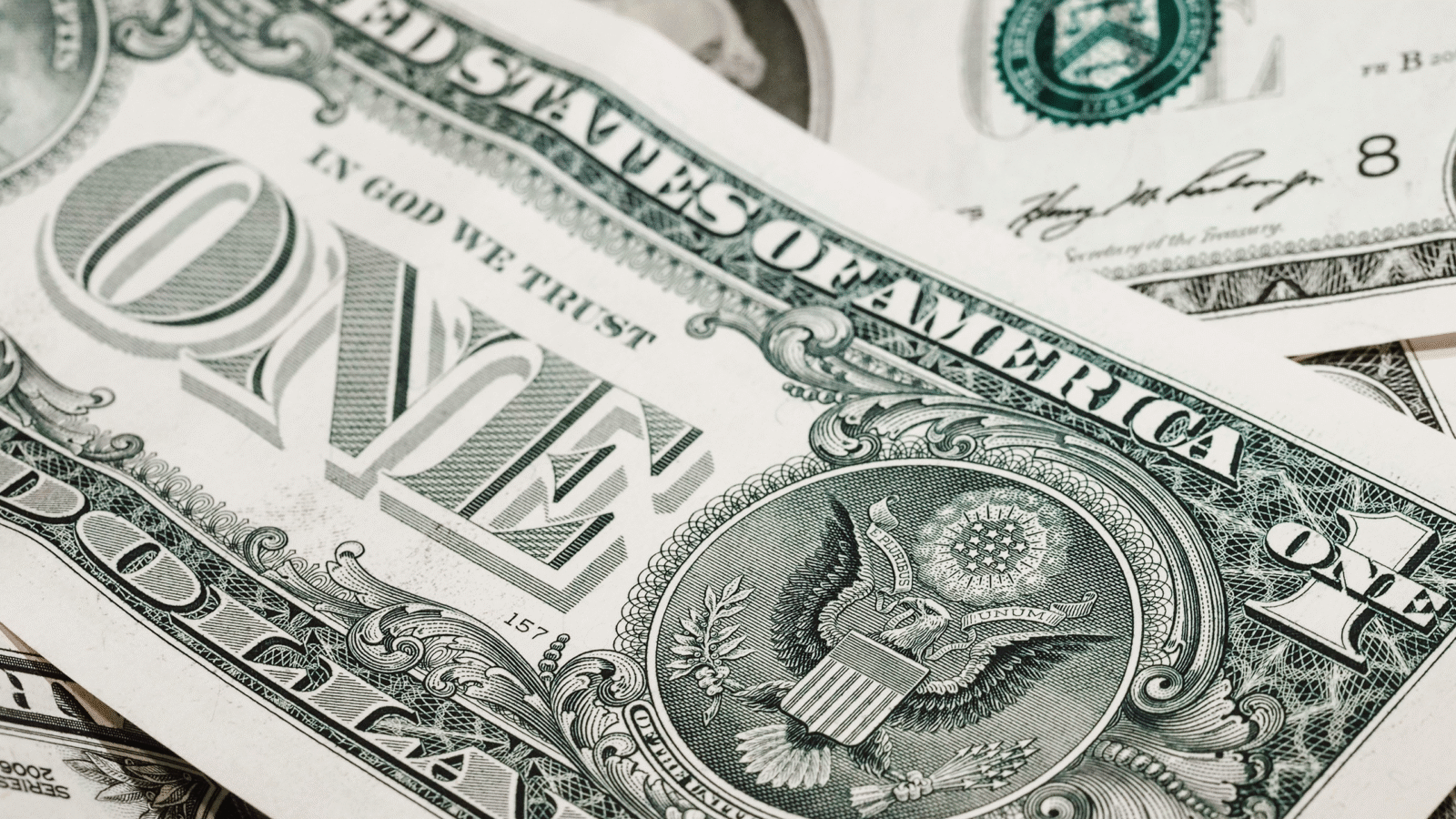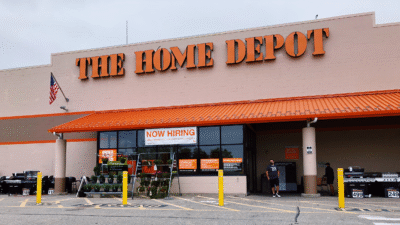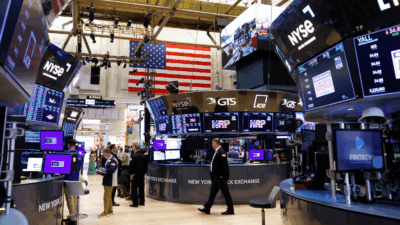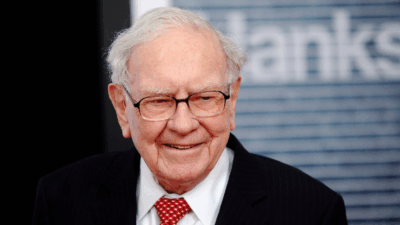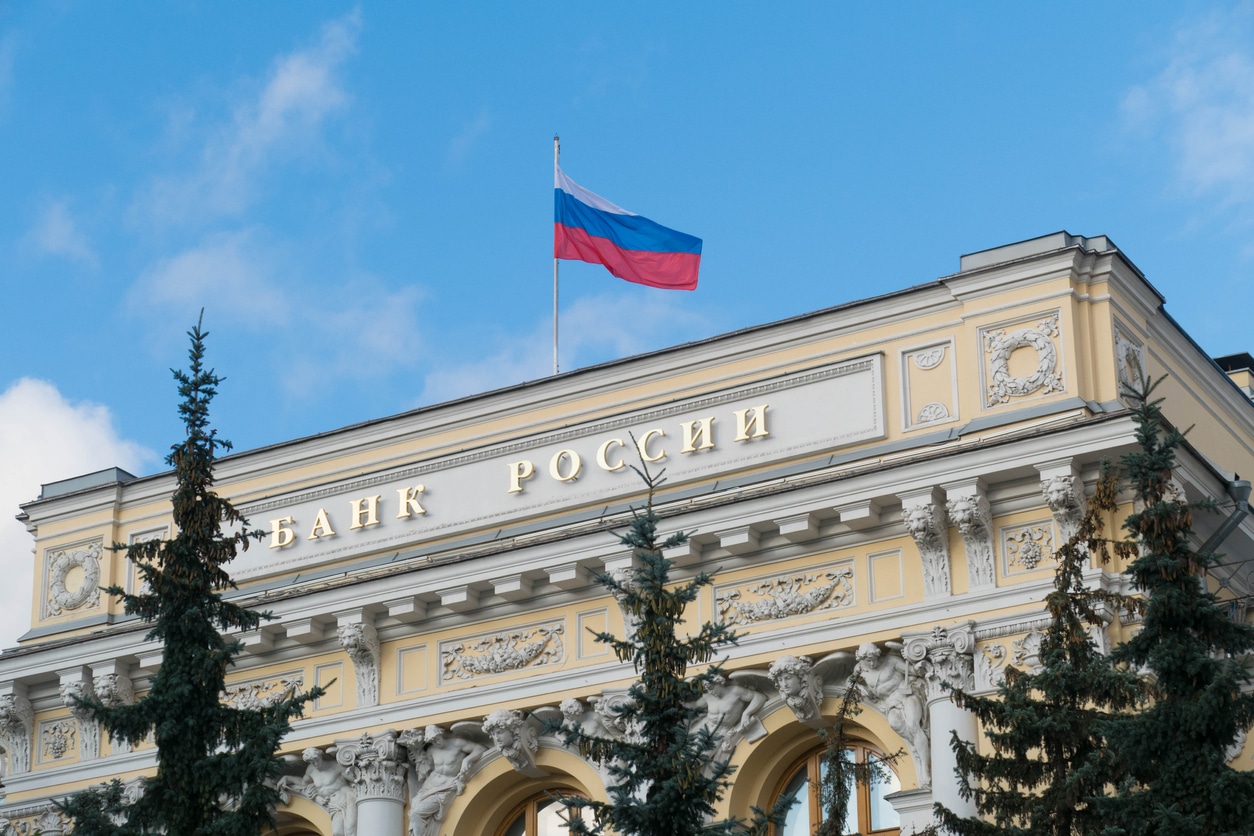
Sign up for smart news, insights, and analysis on the biggest financial stories of the day.
After a month of suspended trading, the Moscow Stock Exchange reopened Thursday, albeit with restrictions so severe the White House called it a “charade.”
While shares rose, foreign investors’ holdings remain frozen and short selling is banned. Meanwhile, Larry Fink, the head of the world’s largest asset manager BlackRock, said investors should get used to the political fragmentation creeping into markets, calling it the end of globalization as we know it.
“A Potemkin Market Reopening”
After the 9/11 attack, the New York Stock Exchange closed for just four days. In other words, Moscow’s market closure — the longest in the country’s modern history — was extraordinary, even given the pressure of massive economic sanctions against Russia due to its invasion of Ukraine.
Even with 24 days of closure to prepare, the Moscow Exchange was still only able to stage a partial reopening Thursday:
- Of the 50 stocks on the Russian benchmark MOEX Index, 33 resumed trading during a condensed four-hour session. The index rallied 4.4%, with oil producers Gazprom and Rosneft and financial firms Sberbank and VTB Bank back on the market, but it’s still down 30% this year and is being propped up by a promised $10 billion in support from Russia’s sovereign wealth fund.
- Foreign investors remain banned from selling shares until April 1 — hopefully, that’s not a prank — and all money involved in trading has to stay in Russia, even if investors cash out. Foreign investors hold $86 billion in Russian equities, according to Moscow Exchange data.
“What we’re seeing is a charade, a Potemkin market reopening,” said Daleep Singh, the White House’s deputy national security adviser.
The New Normal: BlackRock chairman Larry Fink argued Thursday in his annual shareholders’ letter that the fragmentation in global markets is here to stay. “The Russian invasion of Ukraine has put an end to the globalization we have experienced over the last three decades,” he wrote, adding “companies and governments will also be looking more broadly at their dependencies on other nations.” What could that ultimately mean? Fink said beware more inflation as a result of “large-scale reorientation of supply chains” and watch digital currencies, which may emerge as a stable way of handling international transactions.

